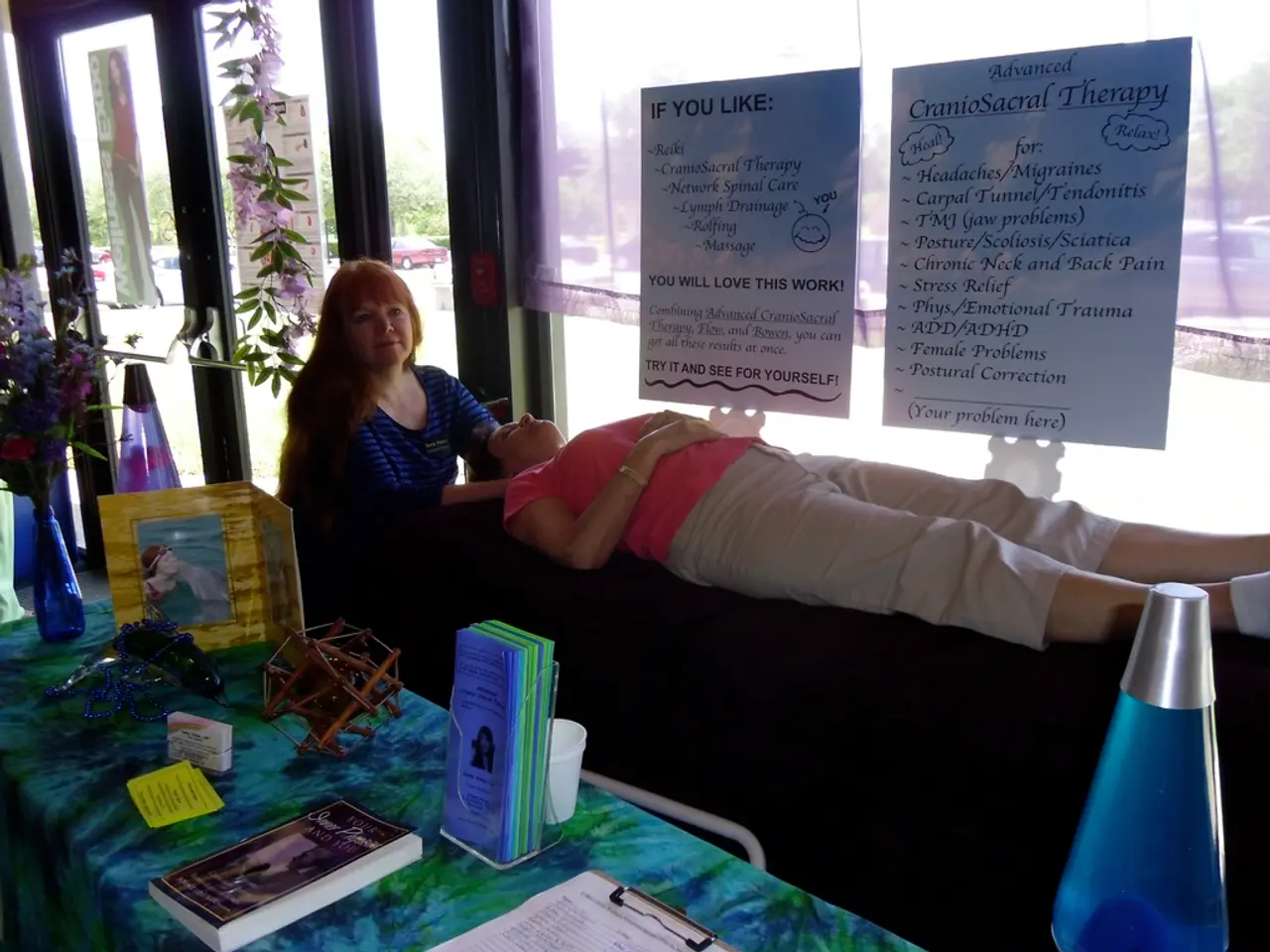Uncovering the Root of Your Anxiety: A Guide
In our daily lives, anxiety can often feel like an unwelcome companion. However, with the right strategies, it can be managed and even overcome. Here are some practical tips to help you take control of your anxiety.
Tamar Chansky, PhD suggests starting by making a list of fears, beginning each item with "I am scared of." This simple exercise can help you identify and confront your anxieties head-on.
When feeling anxious, Rachel Dubrow suggests asking questions to find patterns. Questions like, "How long has it been since I felt differently than I do now?", "What has changed in my life over the last 3 months, 6 months, or year?", "Are there other times in my life, past or present, where I've felt the same way but the situation was different?", "If yes, what are they? Is there a common thread between situations?" can provide valuable insights.
Another effective method is to isolate fear by naming the anxiety-provoking situation and asking "And then what will happen?" repeatedly. This exercise can help you realise that many of your fears are based on assumptions and not reality.
Anxiety can sometimes run deep, and reflecting on childhood relationships can be helpful. Ugelow suggests exploring questions about family relationships, feelings of dismissal, shame, ridicule, punishment, feeling not good enough or a burden, and feeling unable to express oneself. Understanding these early experiences can provide insights into current anxiety triggers.
To delve deeper into the origins of your anxiety, each fear on your list should be questioned about its origin. Ask yourself, "When do I first remember having this fear?" and "What was going on at that time?"
To stop fixating on fears, Chansky suggests fact-checking the specific consequences one is afraid of. By examining the evidence, you can often find that your fears are unfounded.
Georgetown University psychiatrist Dr. Robert Hedaya created the mnemonic THINC MED to help identify physical problems that may be causing anxiety symptoms. The mnemonic includes tumors, hormones, infectious diseases, nutrition, central nervous system, miscellaneous conditions, electrolyte abnormalities and environmental toxins, drugs, and excess caffeine and food additives. If you're experiencing persistent anxiety, it's worth considering a physical check-up.
Creating "courage challenges" by doing some of the things one fears is an exercise from exposure therapy, an effective approach for treating anxiety. By gradually exposing yourself to your fears, you can reduce their power over you.
Lastly, it's important to remember that the root of anxiety isn't always psychological. Habits like not sleeping enough and alcohol use can spark or provoke anxiety. So, ensuring a healthy lifestyle is crucial in managing anxiety.
By following these tips, you can take control of your anxiety and lead a more peaceful life.








